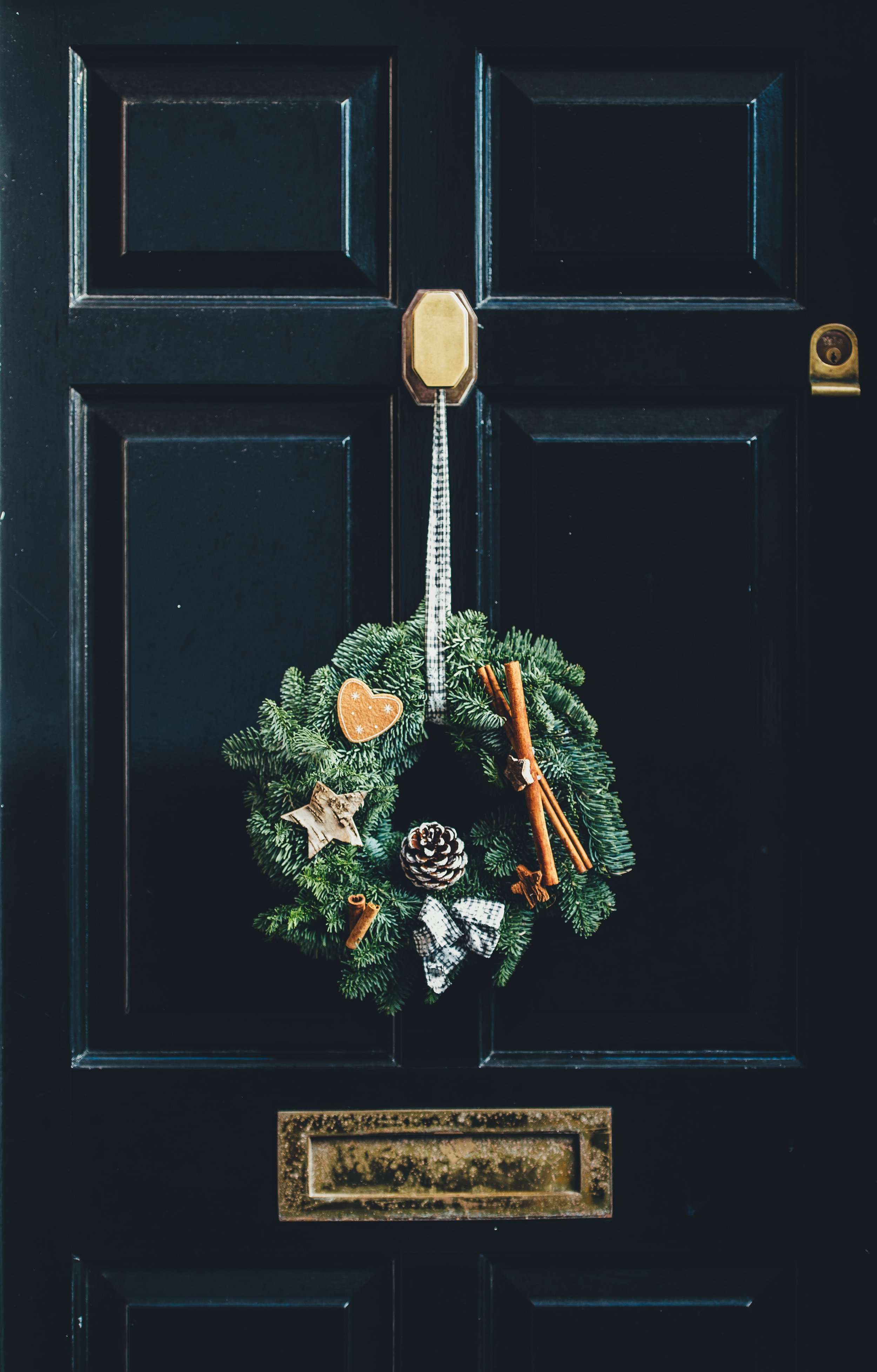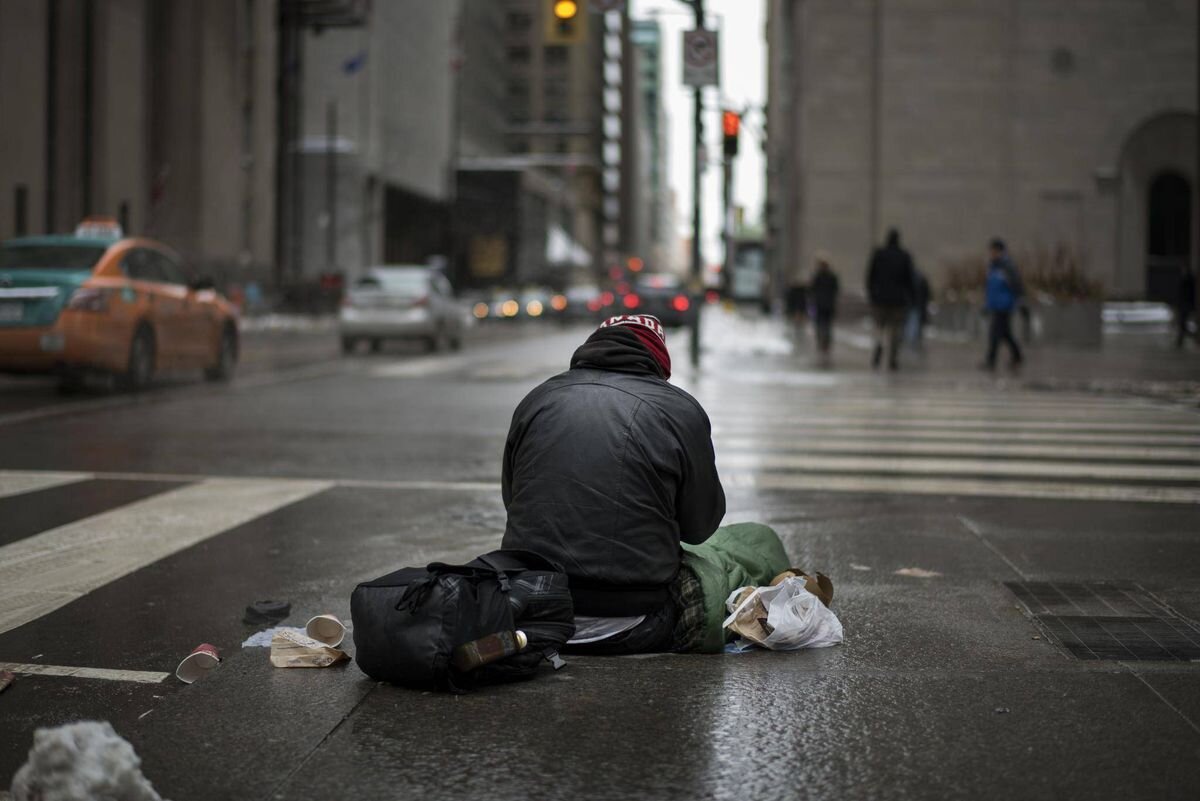We human beings have an instinctual drive for security encoded on some DNA marker.
Cave dwelling ancestors sought rock shelters for good reasons, and, over the eons, passed on that basic survival legacy to us all. But we remain a vulnerable species. It seems like the more protective measures we take, the more isolated and frightened we become. Layer after layer of security measures is added until finally we are trapped in jail cells of our own making.
I heard a woman on the radio a few days ago who was discussing the "reopening" of the world as COVID-19 restrictions are lifted. She remarked that "Just because you can go out again doesn't mean you have to." It made me remember hours and hours of playing Monopoly back when it was a quite popular indoors form of entertainment. We unintentionally worked out all kinds of personal issues by role-playing tycoons and spendthrifts. We even discovered the importance of cooperation and compromise to get what we wanted. But what the person being interviewed on the radio show said reminded me about the valuable strategy in Monopoly of keeping and/or using your Get Out of Jail Free card. At early points in the game you use it readily (when rolling doubles doesn't work) and hold on to it when there are hotels lurking to rob you of money accumulated. You can sit in jail and collect rent while having no risk of bankruptcy.
We do have a choice to get out from behind the doors of our recently sequestered lives. And I hope that we do so with caution and integrity, thinking more of others than of ourselves. There is another kind of jail that is more troublesome than the one which has kept us inside for a couple of months. The prison of fear that drives wedges between us threaten us far more than facemask and six feet apart rules. Saint Augustine taught that we are engaged in an internal battle between the love of self, closed to transcendence, and love that gives of itself and thereby finds God. For the past several years, we have been losing that battle. Absorbed in self-interest, we have engaged in divisive politics, separative religious practices, and intolerance of those deemed unlike 'us' in dozens of ways. We have been hunkered down in an ever failing attempt to maintain safety and security from unseen fears more deadly than any virus. It's time to throw in our Get Out of Jail Free card.
All religions affirm that love is the authentic force of the universe. None dispute that God is Love. They provide a pathway to freedom if we are willing to let go of hatred, fear, and resentment. Likewise, the folks of 12 Step programs provide a rather simple model that allows one to cash in the old Monopoly card. Former First Lady, Betty Ford who was a recovering alcoholic, once offered that after completing the first eleven steps of AA a person is called to action. She went on to say the AA 12th Step was a blend of spiritual awakening, carrying the message, and daily practice. It kindles a joy of living. -
“Having had a spiritual awakening as the result of these steps, we tried to carry this message to alcoholics, and to practice these principles in all our affairs.” 12th Step of AA
The way out of our jail may not be as easy a board game strategy. Because, like recovery from addictive illnesses, it demands an acceptance of the problem and a desire to change. We will have to tear down walls as President Reagan demanded rather than build up new ones. We will have to open our arms to one another just like the welcoming Lady Liberty. We will have to once again embrace Lincoln's vision of a new nation, conceived in liberty and dedicated to the proposition that all men are created equal. We will have to retrieve the magic of the ordinary and rediscover sacredness in each thing as Richard Rohr implores.
It has been suggested by historians that the Kent State Massacre fifty years ago this week (May 4, 1970) started American polarization and we have never been the same since. Perhaps that is true. But if one such terrible event could change us so dramatically, couldn't the experience of this pandemic foster a turn for the better? Couldn't we come together united in an effort to heal rather than hurt?
I'm happy that there has been a resurgence of interest in Monopoly, other board games, and family jigsaw puzzles during the pandemic. We've found both old and new ways to connect. If we are able to carry some of that spirit forward, secure in our oneness, the Get Out of Jail Free card will have been played.




